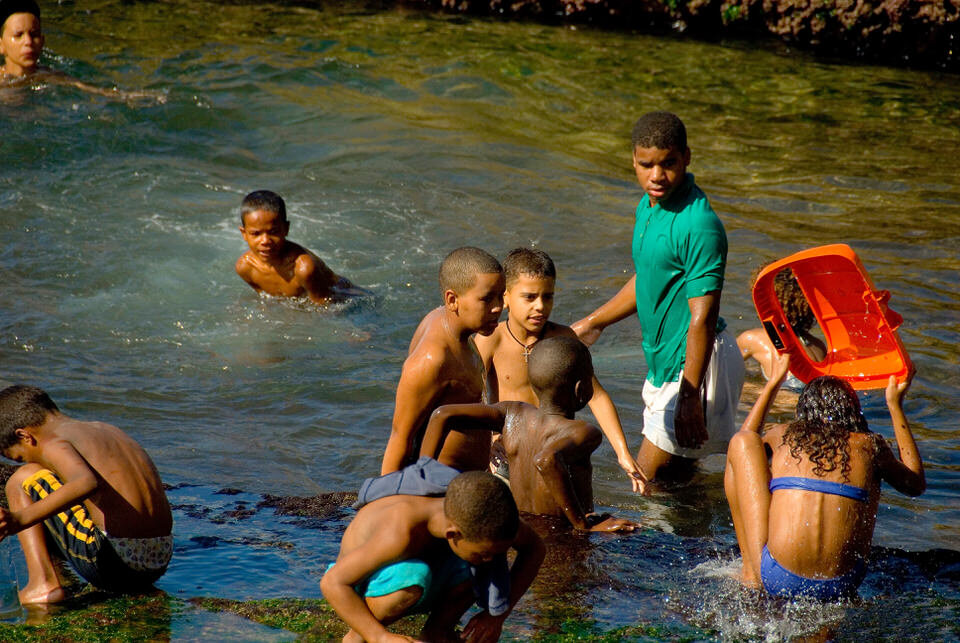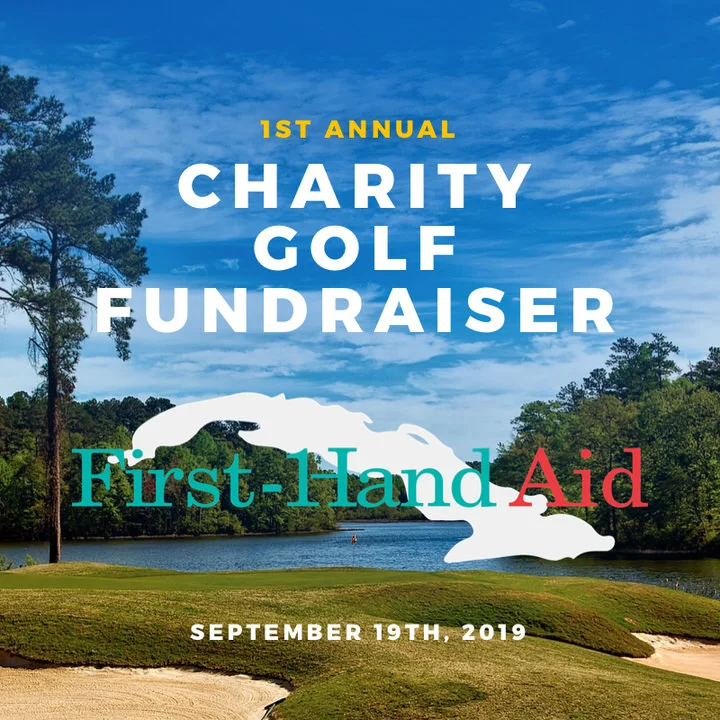Many people ask us if Cuba still needs our help, since some barriers are coming down between us. It all looks so hopeful on the news. So is First-Hand Aid’s mission changing?
The answer is an emphatic ‘No.’ The Cuban people need our aid as much as ever.
To explain, let’s look at how we got here.
Cuba is an island nation about the size of Florida, and about 11 million people live there. Over 3 million people live in the city of Havana, and another third or so live in three of the other largest cities in Cuba. Rural areas are scattered with small towns and villages, but much of the land is not occupied.
Before 1960, Cuba was prosperous for many. Agriculture thrived, with popular exports of rum, tobacco, sugar and fruit. Called The Pearl of the Caribbean, tourism was at an all-time high. Havana’s music, gambling and entertainment ruled the night life, attracting many visitors from around the world. Most were Americans. Fulgenico Batista was the president, and the Cuba-U.S. relationship was as close as any two nations could be at that time.
However, the prosperity was not divided evenly among the people of Cuba, the rich were rich and the poor were destitute. Most medical care was private, available only to the wealthy few who could afford it. Education was also unaffordable for many. Americans, including the American Mafia, reaped the benefits and money brought to the island by tourism. In stark contrast, life in rural Cuba was difficult and impoverished.
This formula made it easy for Fidel Castro to enlist the support of the Cuban people in the revolution . The people—especially in rural areas—were ready for change and for their cut of the pie. On New Year’s Eve of 1959, Fidel and his troops began their march into the city, to the cheers of Cubans and the surprise of many foreigners. On Jan. 1, 1960, there was a new Cuba.
With the removal of foreigners and the nationalization of their assets and properties, relations between the U.S. and Cuba began to get rocky. Then, after our failed attempt to retake Cuba in the Bay of Pigs, followed by the Missile crisis, all communication broke down between the two countries.
The U.S. tried to break the Cuban government by placing an embargo on goods and travel. Cuba continued to survive, but its struggles intensified after Russia withdrew its support, plunging the country into what the government called “The Special Period.” Listening to Cubans who lived through it, you might think Stephen King’s books pale in comparison. Without support of the U.S. and other nations, food, clothing, medicine, and all essentials were scarce. Electricity was often shut off to spare resources. Yet of all the deprivations, we believe hope and freedom were the most difficult to live without.
Watching the news, it’s easy to believe all this is changing. Cuba seems on the verge of prosperity, and it will once again be “The Pearl of the Caribbean.” On the other hand, many Cubans believe that they will once again enter another special period.
After all, Cuba continues to live under a communist/socialist government now under the power of Raul Castro, brother of Fidel. Nothing has really changed in 56 years. And the boost provided by the recent changes, including travel to Cuba, has not reached the people. The benefits are being enjoyed by a few. In fact, many resources are scarcer than ever because most of them are going to the tourist industry.
The fact is, they still need First-Hand Aid, and we still need you.














